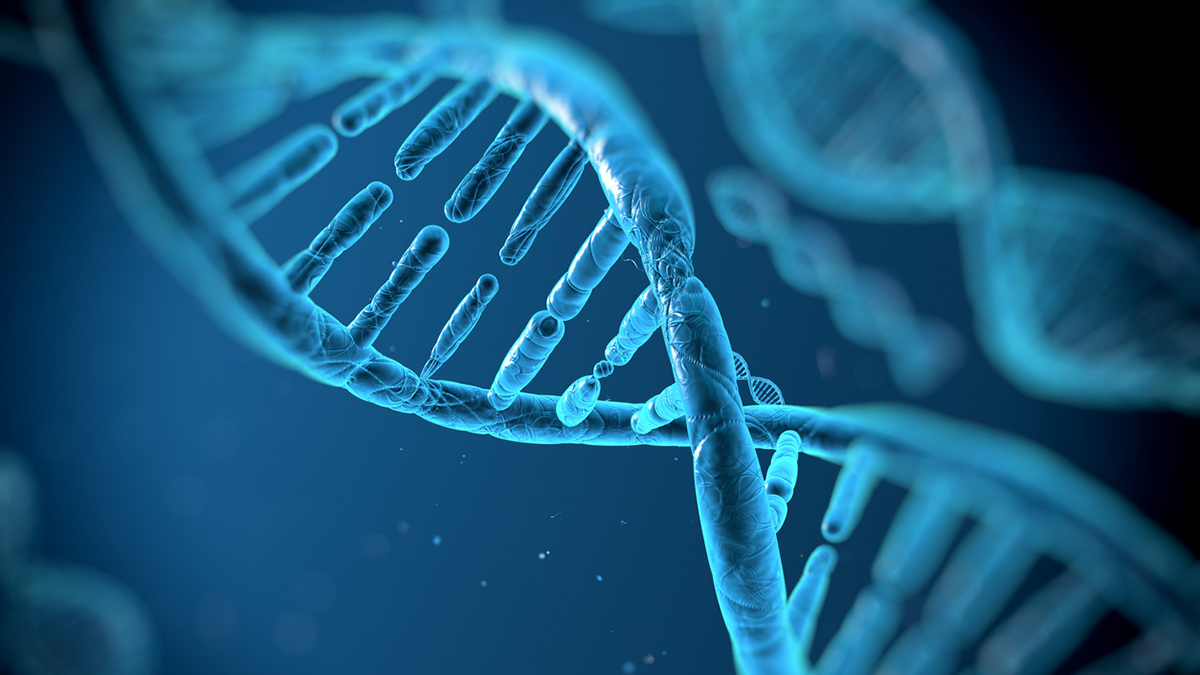AI tool spots 59 possible COVID-19 drugs in UK Biobank data

Scientists at UK biotech PrecisionLife say they have used the UK Biobank to identify human genes that can increase the risk of getting seriously ill with COVID-19, and find drugs that could treat the disease.
The UK Biobank – which has DNA and other samples from 500,000 volunteers as well as detailed health information – was mined by the researchers to see if they could find genetic differences to explain why some people develop severe illness when infected with SARS-CoV-2, the virus that causes COVID-19.
They found no fewer than 59 drug candidates that might be repurposed as treatments to increase the survival rate of the roughly two thirds of patients who develop sepsis while suffering from severe COVID-19.
Sepsis - a potentially life-threatening condition caused by the body's response to an infection – has a mortality rate of around 20%
Out of 70 sepsis genes identified from the Biobank, 61% were present in people severely-ill with COVID-19, and at least 13 could potentially be used as targets for the development of drug therapies, say the scientists.
The 59 drugs all target these 13 gene pathways, which cover immune-related genes, neuronal signalling molecules, the PI3K/mTOR pathway already being targeted by cancer drugs, and targets relating to the endothelial cells and vascular inflammation.
“Ours is the first study looking at host genomics and opportunities to treat later stage severe disease where host immune processes take over,” said PrecisionLife’s chief executive Dr Steve Gardner.
“We hope that these will lead to better understanding of what drives sepsis in COVID-19 patients and result in new ways to treat seriously ill patients.”
Other projects have been tapping into the Biobank data since it started adding in COVID-19 data earlier this year, for example to try to work out why some people get infected but have no symptoms.
It is also being used to provide a clearer picture of the prevalence and death rate in the UK, and to gauge how different diseases affect the outcome of COVID-19, as well as the impact of medications being taken at the time the disease develops.
Meanwhile, Iceland’s Decode Genetics is tapping into its extensive genetic database for the Icelandic population as well as testing data to see the severity of COVID-19 is linked to human genetics, mutations that may occur in the virus as it spreads, or both.
Researchers have already discovered hundreds of mutations in SARS-CoV-2, but their importance isn’t yet established. One – known as D614G – seems to make the coronavirus more infectious, but that hasn’t yet been proven.













